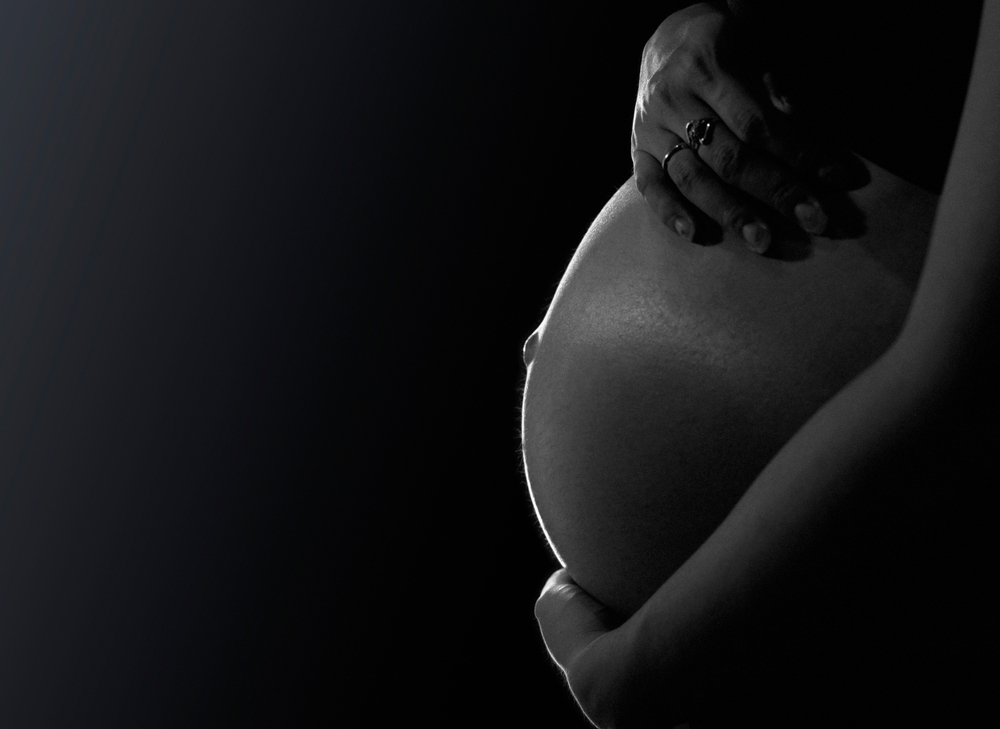The 2024 estimates from the National Syndemic Diseases Control Council (NSDCC) indicate that 63 percent of infant HIV cases arise from mother-to-child transmission due to non-adherence to treatment. A new report reveals that six out of ten new HIV infections in infants are linked to mothers who discontinue or skip antiretroviral (ARV) therapy.
Although the mother-to-child transmission rate decreased from 8.6 percent in 2022 to 7.3 percent in 2023, no county met the target of reducing transmission to below five percent. Alarmingly, five counties reported transmission rates exceeding 20 percent: Wajir (34 percent), Mandera (27 percent), Samburu (27 percent), West Pokot (21 percent), and Isiolo (21 percent).
The data also shows that 16,752 new HIV infections were recorded in 2023, including 3,743 among children. Of the 71,433 children living with HIV, 1,360 interrupted their ARV therapy, highlighting broader challenges with adherence. In total, 41,028 Kenyans discontinued treatment, with men representing the majority at 25,884 cases.
Experts attribute non-adherence among pregnant women to stigma, logistical challenges, and a critical shortage of ARVs. These barriers emphasize the need for targeted interventions to improve access to maternal care and adherence to treatment. Despite these challenges, counties such as Migori, Kisumu, Siaya, and Nairobi achieved mother-to-child transmission rates below the national average.
The report underscores the importance of antenatal care, noting a decline in attendance from 96 percent in 2021 to 88 percent in 2023. Health officials stress that sustained ARV therapy is vital for preventing transmission and ensuring effective HIV management.
The World Health Organization (WHO) recommends effective HIV treatment during pregnancy, an informed and careful choice between vaginal delivery and caesarean section, not breastfeeding, and introducing the baby to anti-HIV drugs (infant PEP) for a few weeks.
SOURCE : Nation.Com


